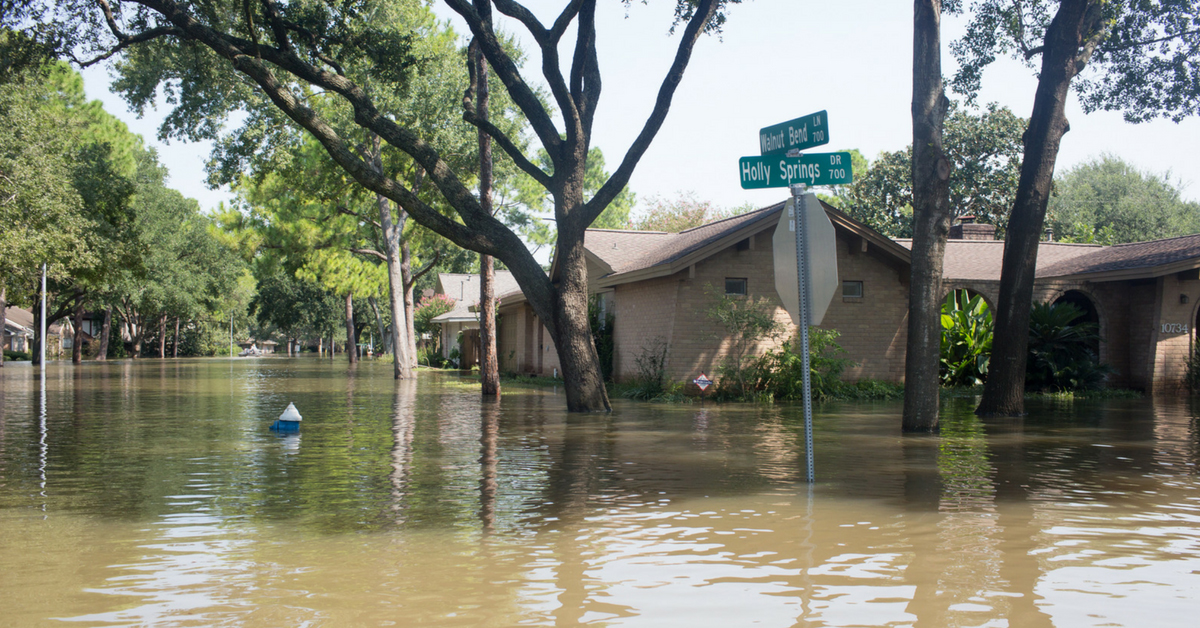We already know that childhood trauma — whether it's caused by hunger, abuse, a hurricane, or something else — can profoundly affect children's brains, behavior, health, academic performance, and trajectory in life. We also know the negative impact can be mitigated if teachers, school police officers, school counselors, CPS caseworkers, and others work with children in a trauma-informed manner.
The recent Houston Chronicle article on Houston ISD students returning to school amid the trauma of Hurricane Harvey includes this explanation from Ezemenari Obasi, associate dean for research in the University of Houston's College of Education:
Obasi said stress can cause a host of physical and mental ailments, from sleeplessness and an inability to concentrate in the short-term to addiction and diabetes in the long-term.
Exhaustion is a real concern, Obasi said, as many have issues falling asleep and staying asleep during times of significant stress. On top of that, anxiety can hamper the brain's ability each morning to release cortisol, a hormone that helps people get out of bed and going, making such tasks exponentially more tiresome for students.
Then there are the constant distractions - random triggers that will remind students of the worst days of their lives, questions about where their family will live, uncertainty about where their next meal will come from.
The article notes that HISD Superintendent Richard Carranza is taking some initial steps to address students' hurricane-related trauma with the limited resources available to the district:
Carranza said the district is already planning to bring crisis counselors and social workers to as many campuses as HISD can afford, and all teachers will receive crisis and trauma training.
The recent Houston Chronicle editorial addresses some of the steps that state leaders and others should consider:
Texans can often be too proud to ask for help, but districts need more mental health counselors and nurses to identify children who are suffering and to provide trauma-focused programming. Both Mental Health America of Greater Houston's School for Behavioral Health and the Harris Center for Mental Health and Intellectual or Developmental Disabilities are working in 23 school districts around Houston, but they need more resources to train teachers on dealing with trauma in their classrooms....
Like rotting drywall in a flooded home, sometimes the most destructive effects of flooding can remain hidden until it is too late. Getting mental health services into schools now will prevent an academic rot from setting into our public schools and help get our kids back on the right path.
The editorial also includes a call for state leaders to provide schools with additional funding to offer students the mental health support they need in the wake of the hurricane.
We know the Legislature is eager to address the needs created by Hurricane Harvey. And the Legislature has shown a growing interest in addressing mental health, passing significant legislation during the recent regular session but falling short of passing the omnibus student mental health bill.
As the Legislature and other state leaders continue to respond to the devastation of Hurricane Harvey, we look forward to working with you to ensure that our state and our schools are addressing the childhood trauma caused by the storm and its aftermath.

